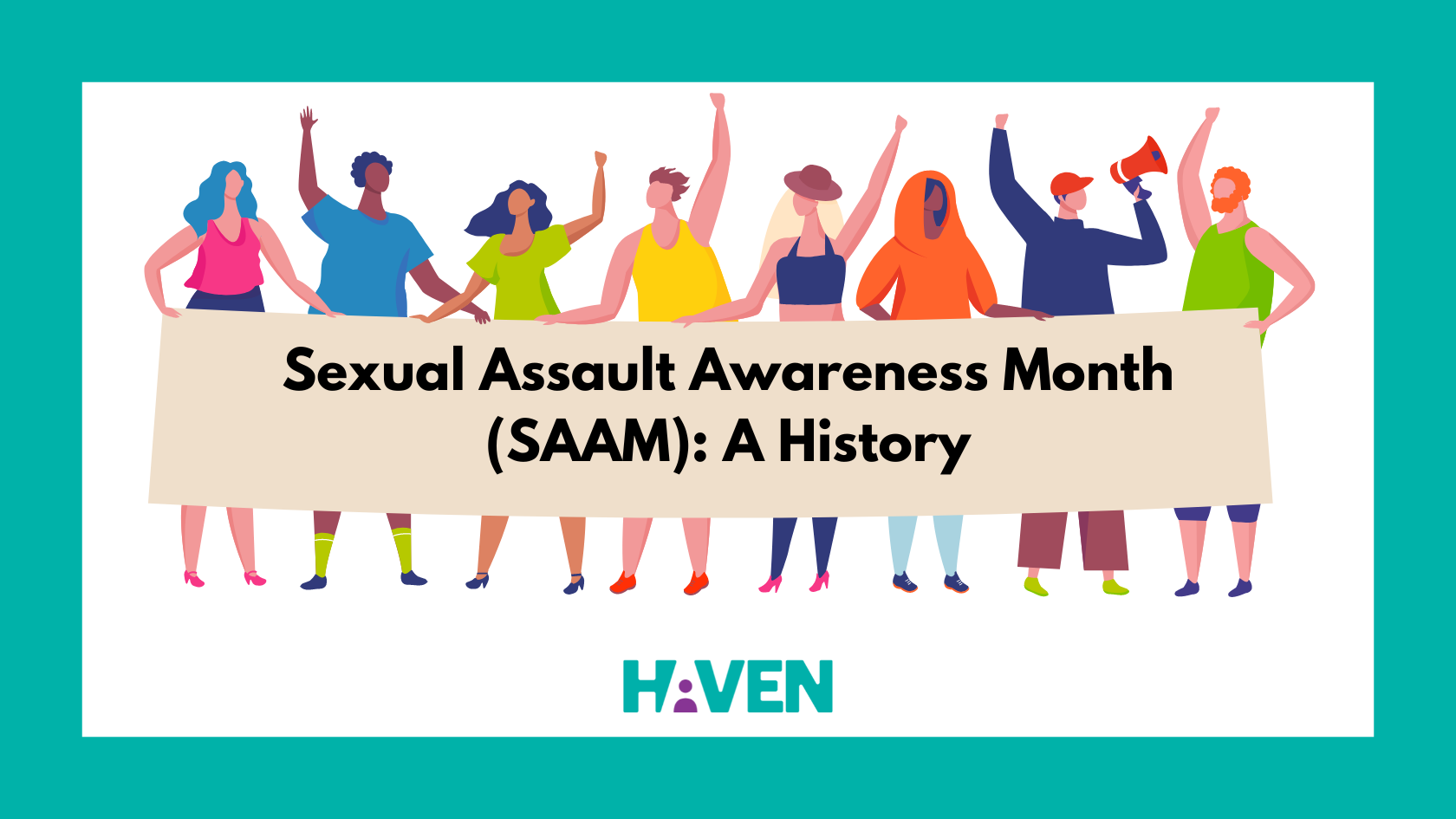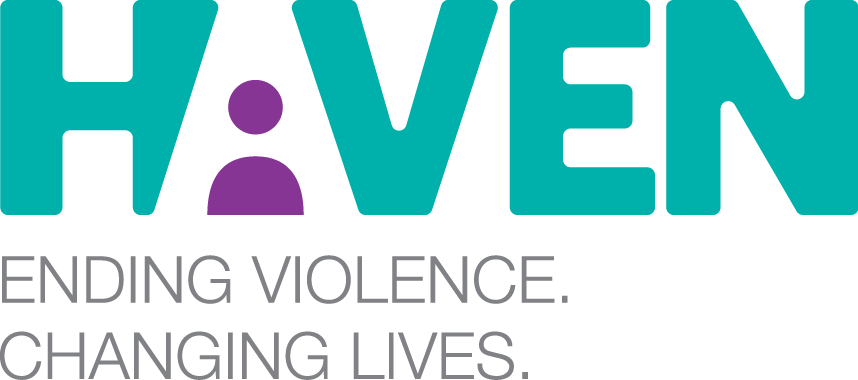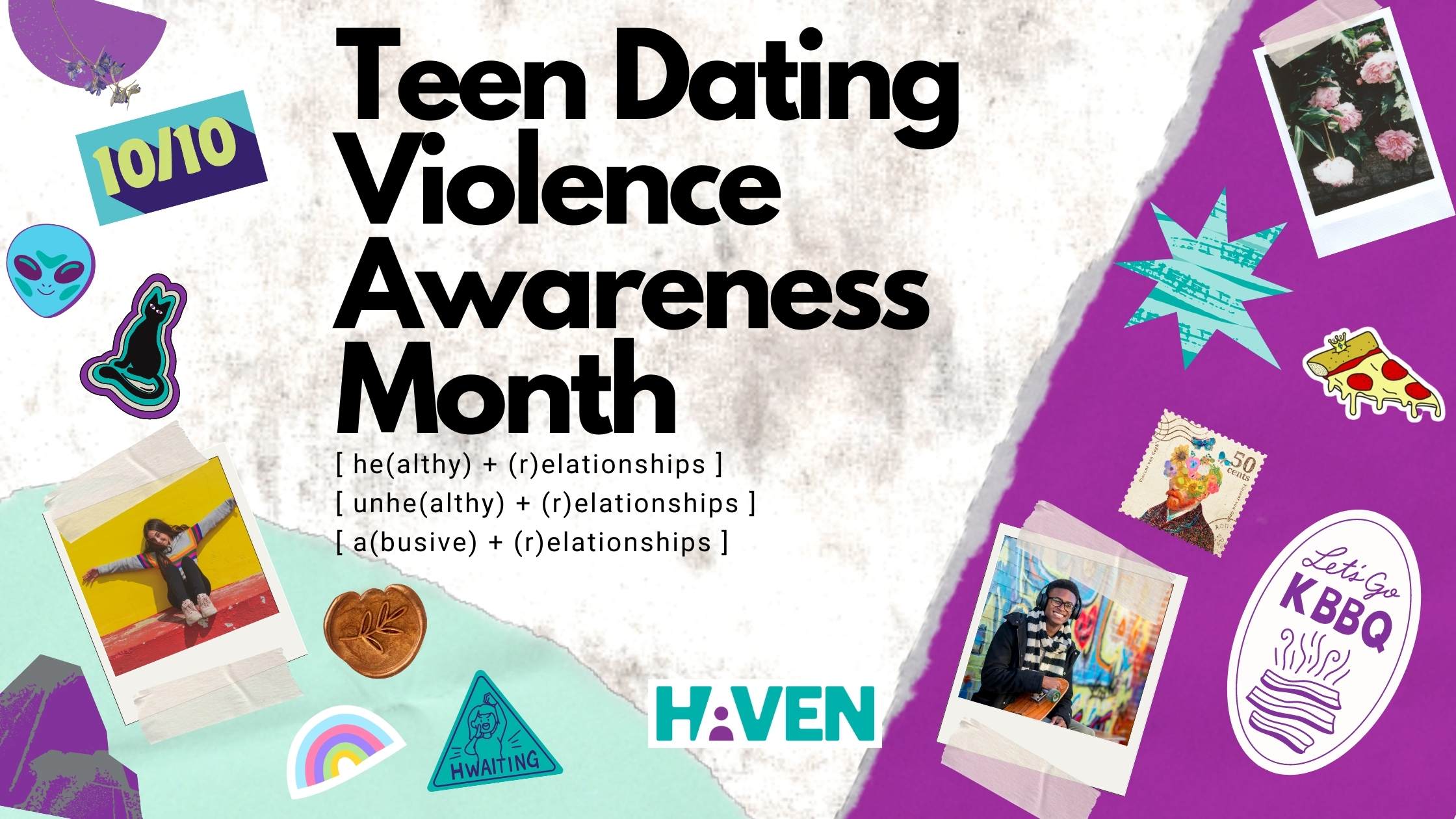
Teen Dating Violence Awareness Month
- hvadmin
- February 10, 2023
- Uncategorized / Supporting Survivors / Awareness Matters / abusive relationships / awareness
- 0 Comments
Teen Dating Violence Awareness Month:
Healthy vs. Unhealthy vs. Abusive Relationships
Written by: Maya C and Loryn Camp
February is Teen Dating Violence Awareness Month. Approximately 1 in 3 teens in the U.S. has experienced physical, sexual, emotional, or verbal abuse from a dating partner. Rates of emotional and psychological abuse are far higher than physical violence for youth (Offenhauer & Buchalter, 2011). Considering these statistics, understanding the difference between a healthy, unhealthy, or abusive relationship is important– whether you’re a young person in a relationship, concerned about a friend’s relationship, or you’re a parent or caregiver wanting to support your child as they navigate dating relationships. This post will discuss those differences, the prevalence of abuse, and how to get involved if your friend, student, or child may be experiencing abuse and control from a partner.
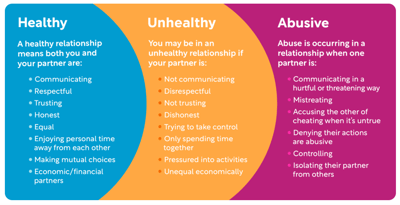
Healthy Relationships
One thing to remember is that when a post, article, video, etc. talks about healthy vs. abusive relationships, this applies to all types of relationships. Although we most commonly associate these reminders/ PSAs with romantic relationships, evaluating if friendships or familial relationships are healthy are just as important. Especially when the expectations we establish in our friendships may dictate what we consider normal in future romantic or dating relationships.
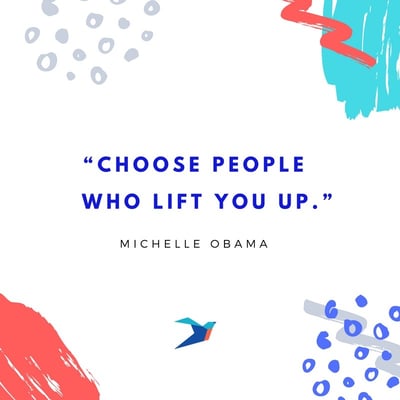
Healthy Relationship:
· Communication
o OneLove describes this as also “healthy conflict” (2023). Meaning, partners or friends are open to discussing issues and confronting disagreements in a non-judgmental and respectful manner. Everyone has disagreements, that’s human! In a healthy relationship, both partners/friends apologize when they’re wrong. A healthy relationship has two-way communication where you’re able to discuss issues, express yourself, and resolve conflicts (Walden University, 2022).
· Respect
o Valuing one another’s beliefs, opinions, values, and loving one another as the individual they are (Onelove, 2023) is a core requirement of any healthy relationship. Respect is integral for a healthy relationship. Everyone needs to feel comfortable setting boundaries and especially should have those boundaries respected. Even if one person doesn’t love all the same things their partner/friend does, in a healthy relationship they still respect and accept differences (Walden University, 2022).
· Honesty
o Honesty is the building block of trust. Trustworthy friends or partners are predictable, reliable, and honest (Walden University, 2022). In order to have honesty and trust, each partner/friend should feel they can be truthful and candid without fear of how the other will respond (Onelove, 2023). In a healthy relationship, there are always instances where the other may not like what they have to say, but will work to respond to disappointing news in a considerate way that doesn’t make the other feel frightened.
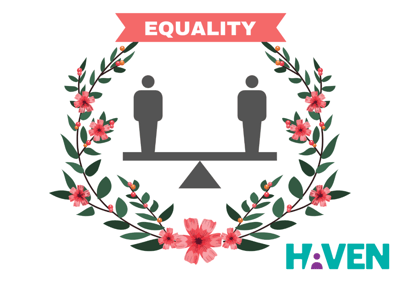
- Equality
- Overall, the relationship feels balanced and each person is putting in the same effort and work into the relationship (onelove, 2023). One person’s preferences/opinions are not dominating. Instead each person is making compromises and hearing one another out. Each person feels their needs, wishes, and interests are just as important. Sometimes, depending on situations one person may be putting in more effort (as the other is experiencing grief, money struggles, etc.) however this is temporary and not a permanent instance.
- Enjoying personal time away from one another
Independence is key for a healthy relationship. Everyone needs space to be their own individual and have space outside their relationship. Members of the relationship should be supportive of the other’s hobbies and outside friendships, work, interests, etc. (Onelove, 2023). Freedom to be oneself is imperative for maintain individuality and sense of selfhood.
- Making mutual choices/decisions
- Healthy relationships should always have a balance of giving, taking, and compromise. Everyone has a stronger preference for something, such as wanting pizza for takeout while the other doesn’t have a preference. However, if one partner feels they can never express their own opinion, or that they have a right to be involved in the choices made in the decision—that’s a problem.
- Economic/financial partners
- Each partner should have economic/financial freedom to use their money as they wish.
Most importantly, if you are in a relationship whether it’s a friendship or romantic—you should always feel supported and cared for by your friend or partner. Even if you are disagreeing or they’re in a bad mood, compassion, respect, and dignity should always be given to each person.
Unhealthy Relationships
- Not Communicating
- Running away from difficult conversations, unable to resolve conflicts. “Silent treatment”. Although it’s difficult to communicate your needs when you are upset, it is important for a healthy relationship to be able to address and resolve conflict.
- Disrespectful
- Disrespect can show up as ignoring another person’s boundaries. If an individual needs space or time away, ignoring that or insisting they still hang out, text, etc. is disrespecting their boundaries. Sarcasm, taunting, hostility, and invading another person’s personal space or making them uncomfortable intentionally are examples of disrespectful behavior.
- Distrustful
- Everyone feels a little jealous sometimes. However, accusing your partner of cheating or your friend of telling secrets constantly is distrusting them. Trust is built, but it’s built on both sides of a relationship or friendship. Having the confident expectation that you’ll be betrayed or that your friend or partner’s intentions are sinister or hurtful is unhealthy. Although, if these feelings are based on behavior exhibited by your partner or friend, perhaps that’s another conversation of whether they deserve your trust, and if their behavior demonstrated respect.
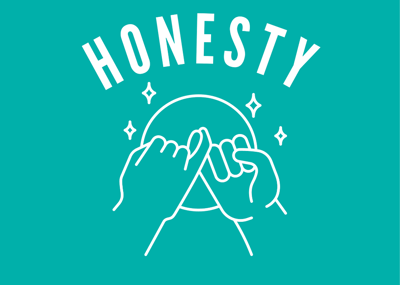
- Dishonest
- Honesty is how to build a healthy, trusting relationship. That means also being honest with your own emotions and when you yourself may be falling into unhealthy habits.
- Trying to Take Control
- One aspect that makes someone’s behavior abusive and rather than unhealthy is having or exerting power and control over their partner or friend. Attempting to always be in control of your partner or friend or the activities you do together is not only unhealthy but begins to slide into becoming an abusive relationship.
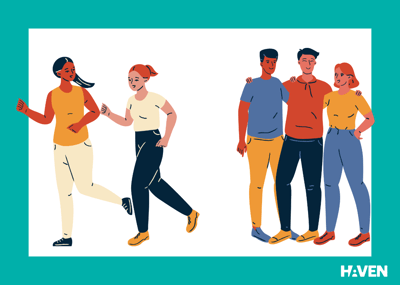
- Only Spending Time Together/Codependence
- Spending time apart and maintaining individuality is what makes a healthy relationship. It starts to get unhealthy when partners are only spending time with one another and begin to lose time/closeness with their own friends. Relying on one person for all socializing is a lot of pressure to put one someone.
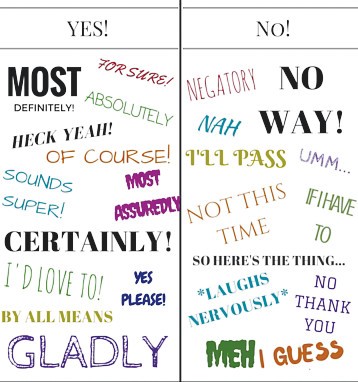
- Pressured into Activities
- Along the lines of respecting boundaries, pressuring someone into activities such as hanging out when they don’t want to, need to do homework, etc. is extremely unhealthy. The person being pressured may begin to feel like their own wants/needs don’t matter in this relationship and may be coerced into doing things they aren’t comfortable doing. Consent is not just about someone saying “no” it’s the necessity of saying “yes” without coercion or pressure.

Abusive Relationships
All relationships where one person is behaving abusively are unhealthy, but not all unhealthy relationships are abusive. What makes a relationship abusive is one party is utilizing the following characteristics to maintain or exert power and control the other person. “Domestic violence affects people of all socioeconomic backgrounds and education levels… it can be mental, physical, economic, or sexual in nature. Incidents are rarely isolated, and usually escalate in frequency and severity” (United Nations, 2023). Additionally, the severity and frequency is important to consider of behavior as well. If a partner or friend had a bad day and snapped at their friend or partner, that’s unhealthy behavior but depending on their reaction and following behavior that can just be a bad day. However, if they are always snapping at their friend/partner or in a bad mood around them that’s a sign something is wrong.
· Communicating in a hurtful or threatening way
o Warning signs of abuse can be a partner putting the other down frequently, especially in front of family or friends in order to humiliate or embarrass them. Verbal, emotional, or psychological abuse can be just as damaging as physical abuse and is intended to manipulate or control. Emotional and psychological abuse occur at a much higher rate than physical abuse for youth (Youth.gov, 2018). It’s been found that as high as 76% of teens have experienced emotional and psychological abuse during relationships (Arriaga & Foshee, 2004).
· Mistreating
o This can include physical abuse in order to intimidate and control others. This also can be putting their victim down such as saying they are “nothing without them” or that no one else loves them, likes them, etc. (U.N., 2023).
o It is not simply “getting a little rough”, someone putting their hands on another in anger or frustration is abuse.

- Accusing the other of cheating/disloyalty when it’s untrue
- Abusers may accuse their significant other of cheating every time they are out with friends or talking with other people in order to intimidate them into ending contact with friends and becoming isolated from friends and family.
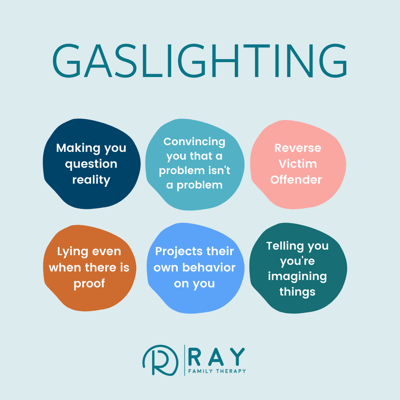
- Minimizing, blaming, and denying actions are abusive
- Abusers are able to control their victims by making them feel like their actions are their victims’ fault or that it wasn’t “that bad”, or gaslighting their victim into believing it didn’t happen at all.
- Controlling
- Abusers utilize many tactics to control their victims including physical violence, sexual abuse, and manipulation. If you are finding yourself only doing what your significant other/friend wants, or trying your best to anticipate their needs ahead of your own you may be experiencing abuse.
- Financial Inequality
- There are times where a partner or friend will give gifts as a nice thing to do. For instance, for a birthday or holiday, or just out of opportunity/thoughtfulness. However, if someone is using gift-giving, paying for dates, etc. as a way to have control over another person or make them feel like they “owe” them for that—that’s abusive.
- Isolating partner from others
- Maintaining friendships apart from your relationship is important to maintaining your individuality and autonomy. That is why abusers will tell their victims lies about their friends, prevent them from seeing others, and seek to isolate you from any other relationships.
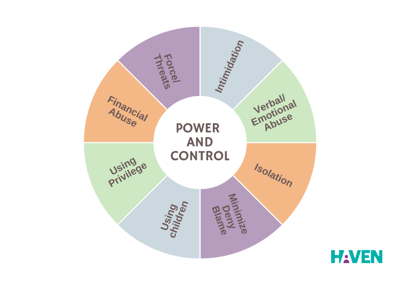
If you feel scared about how your partner may behave or stay with your significant other because you are afraid of what they would do if you break up—you are not alone. It isn’t your fault. And you deserve help and support.
To learn more about signs of abuse, check out the NH Coalition Against Domestic and Sexual Violence’s website or for teen relationships check out Love is Respect for more information.
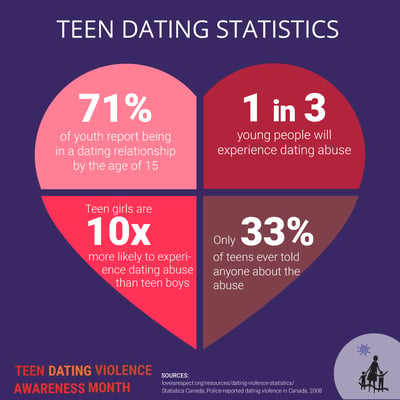
Statistics/Prevalence
- Nearly 1.5 million high school students nationwide experience physical abuse from a dating partner in a single year (loveisrespect, 2020).
- Only 33% of teens who were in an abusive relationship ever told anyone about the abuse (Loveisrespect, 2020).
- In the 2010 National Intimate Partner and Sexual Violence Survey, of women who had experienced sexual violence in their lifetime, “69.5% reported experiencing intimate partner violence for the first time under the age of 24” (Youth.gov, 2018).
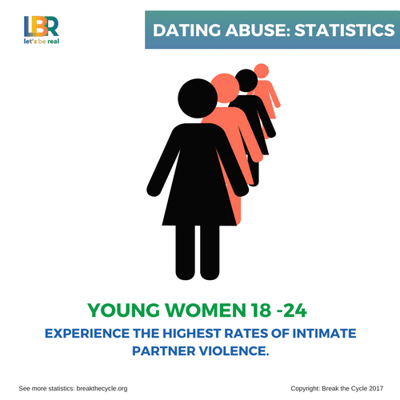
- Teens who suffer dating abuse are subject to long-term consequences like alcoholism, eating disorders, thoughts of suicide, and violent behavior (CDC, 2022).
- In a study conducted by Teen Research Unlimited, 82% of parents reported they were confident they would recognize signs if their child was being abused, however, only 42% of parents could not correctly identify the warning signs of abuse (2009).
How to Get Involved
It’s important to be able to recognize signs that something is wrong. Some signs could be:
- Changes in mood
- Changes in sleeping/eating patterns
- Withdrawing from friends/family
- Declining school performance
- Loss of interest in hobbies/sports/special interests
Parents/Caregivers:
Seeing signs your child may be in an abusive relationship may be scary. All we want is to keep our kids safe, so it can feel very emotional and harrowing to worry that your child may be suffering. However, it’s important not to project those worries onto your child as they may already be experiencing anxiety, fear, and guilt about what they’re going through.
Check out our post about how to respond when kids disclose for tips on supporting a child when they disclose abuse. This is catered towards young children, but holds the important tenets of emphasizing empowerment to ensure they feel safe disclosing if they need to in the future.
Additionally, although you feel that all your energy needs to be to take care of your child, remember it’s just as important to take care of yourself and process your own trauma that can occur from being a “secondary survivor”. Check out our post on supporting survivors as a secondary survivor for more information, and remember you can call HAVEN’s hotline anytime for support.
Loveisrespect is an organization specifically catered towards ending teen dating violence. Check out their website specifically on supporting survivors for more information.
Create a space where your child feels comfortable to talk about things when they want to and how they want to. Remember, 33% of teens who experienced an abusive relationship never told anyone.
Teach your child about the warning signs of an abusive relationship with this post or at https://www.chop.edu/news/health-tip/facts-about-teen-dating-violence-and-how-you-can-help-prevent-it.
Friends/Roommates/Classmate:
Being there for those around you is just as important. Whether it’s supporting a friend who discloses to you they are being abused by a friend or dating partner, learning a friend is an abuser, or even something as seemingly harmless as hearing people make jokes about abusive situations. In order to show you are a safe person to disclose to and support those you love, considering how you act when you aren’t aware a survivor is with you is important. If someone makes a joke about abuse/assault, do you call them out? Do you laugh? You might not only be hurting someone who is a survivor, but also showing those around you that vulgar behavior is normal and tolerated.
Consider reading about bystander intervention strategies in order to learn more about being a good ally to the survivors around you and disrupting the cycle. Or read HAVEN’s blog post about supporting survivors as a secondary survivor.
Love is Respect is an organization dedicated to ending teen dating violence and spreading awareness. Check out their website for more tips on how to support friends.
Teachers/Staff/Coaches/Professionals/Etc.:
It’s important to note that every adult in the state of NH is a mandated reporter. If a child under the age of 18 discloses abuse has signs of abuse, it has to be reported to DCYF. DCYF is staffed 24 hours a day, including weekends and holidays at (603) 271-6562 or (800) 894-5533 (in-state only). Reports can be made anonymously.
If you need support, before or after reporting you can call HAVEN for support from an advocate to walk you through reporting as well as to process your feelings about the situation.
Survivors:
If by reading this, you are concerned you’re in an abusive relationship, you are not alone. It is not your fault. HAVEN’s hotline is available 24/7. You can remain anonymous if that will make you feel safer. HAVEN will support you wherever you are at.
Just remember, all adults in NH are mandated reporters for abuse suspected of people under the age of 18. Our callers are not required to state their age, name, or location.
Call 603-994-SAFE for confidential, judgement-free support from a trained advocate. Or, we have a confidential messaging service on our website at havennh.org available business days (M-F) 9 AM to 4 PM.
HAVEN offers support, information, and access to area support to anyone impacted by abuse and can support you if you wish to report. Anyone can access HAVEN advocates 24 hours a day, seven days a week, for support through our hotline 1 (603) 994-SAFE . Not comfortable using the phone? We also now have a “chat with an advocate” via our website where during our office hours, Monday-Friday, 9 AM – 4 PM, you can use an instant messaging feature to talk with an advocate at https://havennh.org/! Reach out at any time. We are here to help.
![Image Description: two hands holding a purple ribbon with text on the side. Alt text: You are not alone. HAVEN can help. Free, confidential 24-hr support 603-994-SAFE[7233]. Safety planning; in-person support at court, hospitals, and police departments; online chat support M-F 9-5 via havennh.org; shelter & housing; support groups](https://havennh.org/hs-fs/hubfs/Imported_Blog_Media/HAVENcanhelp-2.jpg?width=400&height=336&name=HAVENcanhelp-2.jpg)
References
Arriaga, X. B., & Foshee, V. A. (2004). Adolescent dating violence: do adolescents follow in their friends’, or their parents’, footsteps?. Journal of interpersonal violence, 19(2), 162–184. https://doi.org/10.1177/0886260503260247
Center for Disease Control (CDC). (2022, February 28). Fast facts: Preventing teen dating violence. Violence Prevention. Retrieved from https://www.cdc.gov/violenceprevention/intimatepartnerviolence/teendatingviolence/fastfact.html
Ellevate. (2021, January 22). Quotes about the importance of relationships. Ellevate Network. Retrieved from https://www.ellevatenetwork.com/articles/7740-quotes-about-the-importance-of-relationships
Love is Respect. (2020, November 17). Relationship spectrum. love is respect. Retrieved from https://www.loveisrespect.org/everyone-deserves-a-healthy-relationship/relationship-spectrum/
Offenhauer, P., & Buchalter, A. (2011). Teen Dating Violence: A Literature Review and Annotated Bibliography.
OneLove. (2023, January 11). 10 signs of a healthy relationship. One Love Foundation. Retrieved from https://www.joinonelove.org/signs-healthy-relationship/
Ray, R. (2023). What is Gaslighting? Ray Family Therapy. Retrieved from https://www.rayfamilytherapy.com/blog/gaslighting
Toussey, T. (2015, November 20). Enthusiastic consent belongs in all of life, not just the bedroom. Lindenlink. Retrieved from https://lindenlink.com/134180/news/enthusiastic-consent-belongs-in-all-of-life-not-just-the-bedroom/
United Nations. (2023). What is domestic abuse? Retrieved from https://www.un.org/en/coronavirus/what-is-domestic-abuse
Walden University. (2022, February 16). 10 signs of a healthy relationship. Walden University. Retrieved from https://www.waldenu.edu/programs/psychology/resource/ten-signs-of-a-healthy-relationship
Youth.Gov. (2018). Prevalence of teen dating violence. Youth Topics. Retrieved from https://youth.gov/youth-topics/prevalence-teen-dating-violence#_ftn9
You Might Also Like
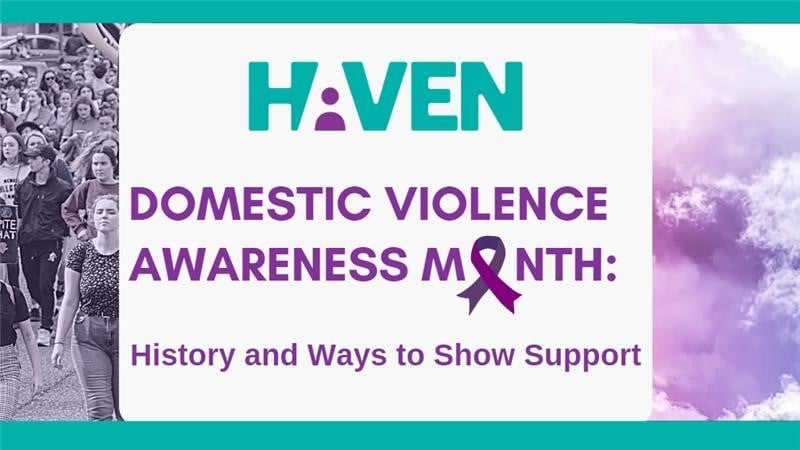
October – Domestic Violence Awareness Month: History and Ways to Show Support
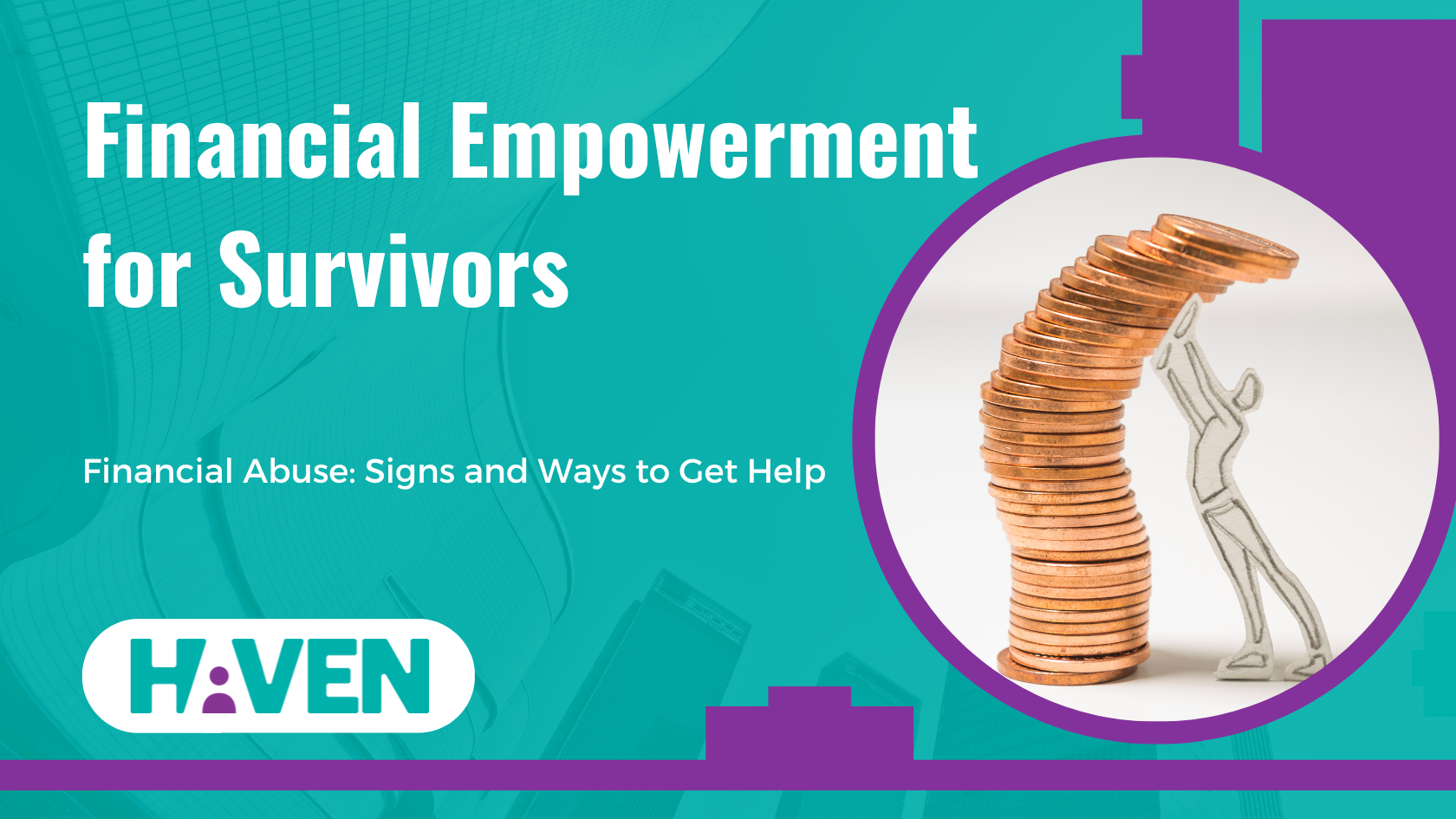
Financial Empowerment for Survivors
